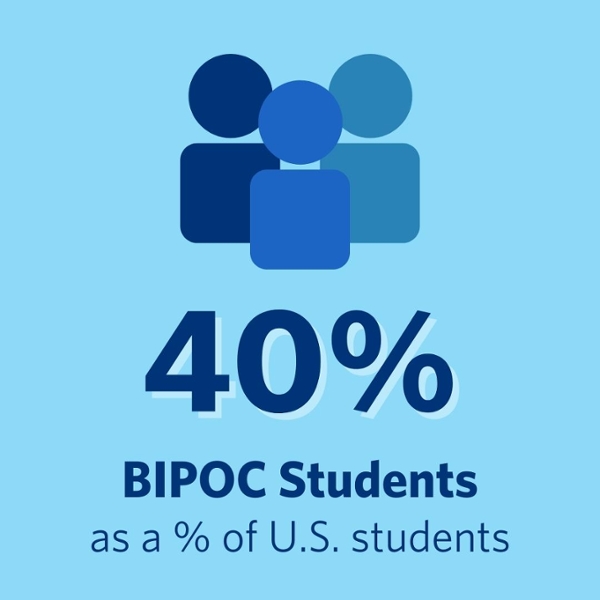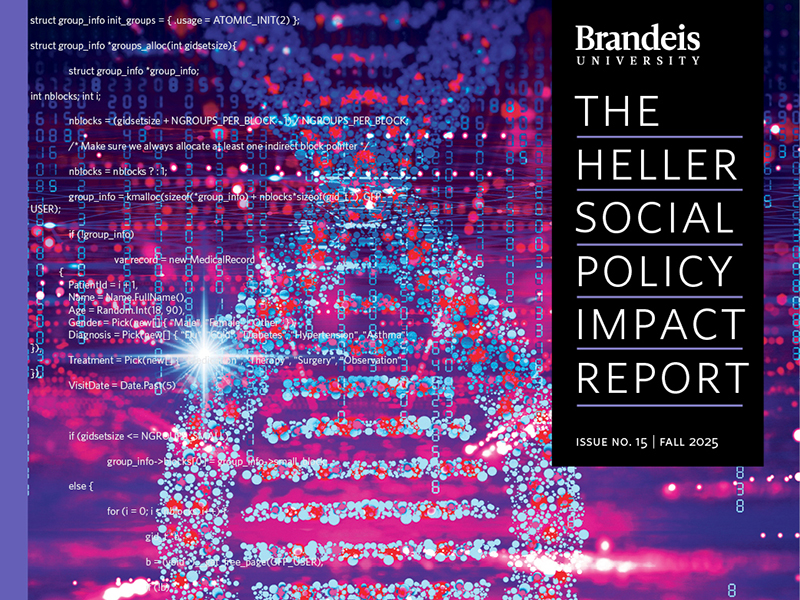The Heller School was founded in 1959 to answer a pioneering question: how can we use policy to work towards the well-being of all members of society? Through graduate education, the pursuit of applied interdisciplinary research and active public engagement, we have a long history of responding to the changing needs of vulnerable populations.
When the Heller School was founded, it offered a small, pioneering doctoral program whose graduates would break a barrier by using social science disciplines and the most advanced research methods toward building a more equitable nation. Heller’s academic scope has since expanded to include numerous master’s degrees in both domestic and international policy, with a common focus on assessing and managing relevant social issues. Today, Heller is consistently ranked among the top schools of social policy and is recognized as a leading research institution shaped by the social justice roots it shares with Brandeis University.
 Our faculty, staff, students and alumni are making a difference on critical social issues, ranging from: health; mental health; substance use disorders; children, youth, and families; aging; international and community development; developmental disabilities; philanthropy; and economic and racial equity.
Our faculty, staff, students and alumni are making a difference on critical social issues, ranging from: health; mental health; substance use disorders; children, youth, and families; aging; international and community development; developmental disabilities; philanthropy; and economic and racial equity.
We are dedicated researchers, applying social, economic and political science to solve pressing domestic and global problems. We are also steadfast idealists, working toward a better world through the knowledge we generate, the leaders we educate and the communities we engage with globally. Our motto, "Knowledge Advancing Social Justice," is more than words: we believe it's imperative to move our evidence-based ideas into action.
Heller plays a central role in the School of Social Sciences and Social Policy, one of four new schools launched at Brandeis in 2025. Led by Founding Dean Sara Shostak, the school strengthens connections between Heller’s graduate programs and research institutes in social policy and Brandeis’ undergraduate social sciences offerings, enabling students to explore pressing social issues from multiple perspectives and prepare for high-impact careers.
Mission
The Heller School drives positive social change through research, education and public engagement that inform policies and programs designed to address disparities in well-being and social inclusion in a sustainable way.






